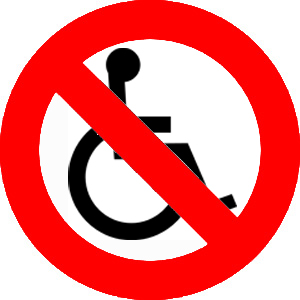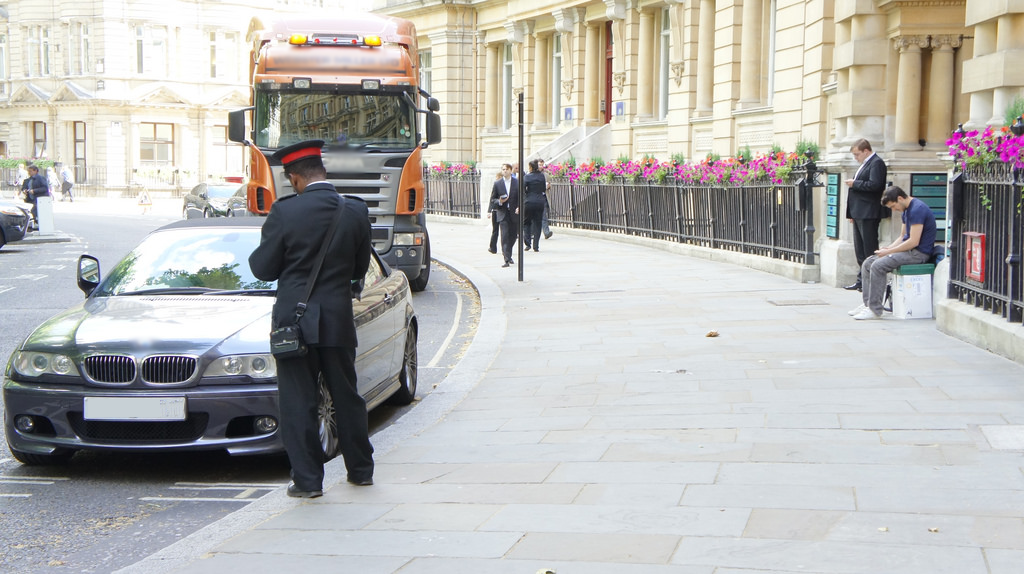Legal
US restaurant chain has trouble on the menu
no
Show on home page

Red slash through wheelchair
Digital media and technology:
News alert taxonomy:
Top of page
UK charity puts pressure on government to enforce web accessibility
New Zealand holds an inquiry into captioning
Public Sector web and mobile app accessibility to become law in Europe
NSW set for web accessible 2015 election
no
Show on home page

The iVote system was introduced for the NSW State General Election in March 2011, initially to enable people who are blind or have low vision to cast an independent vote.
Top of page
Coles web accessibility case settled
Deadline for submissions to caption review arrives
Online grocer Peapod settles web accessibility action
Did you know: One Deaf lawyer helped increase access for all Deaf Canadians?
no
Show on home page
Vlug stated he could not enjoy programs such as major league baseball playoff games without the inclusion of captions, arguing that Deaf Canadians are equal to those who can hear since their taxes funded the broadcaster, entitling them to the full experience of CBC programming.
The case was won and the lawyer granted CAD$10,000 by the CHRT for pain and suffering. CBC appealed the tribunal’s settlement but later dropped the bid when it settled with Vlug out of court for a lower amount.
Top of page


_burger.jpg)


.jpg)


